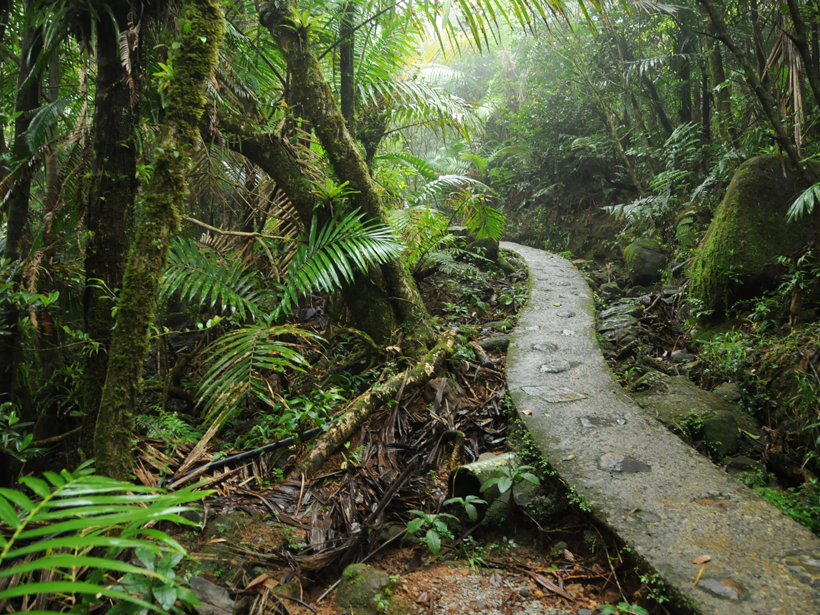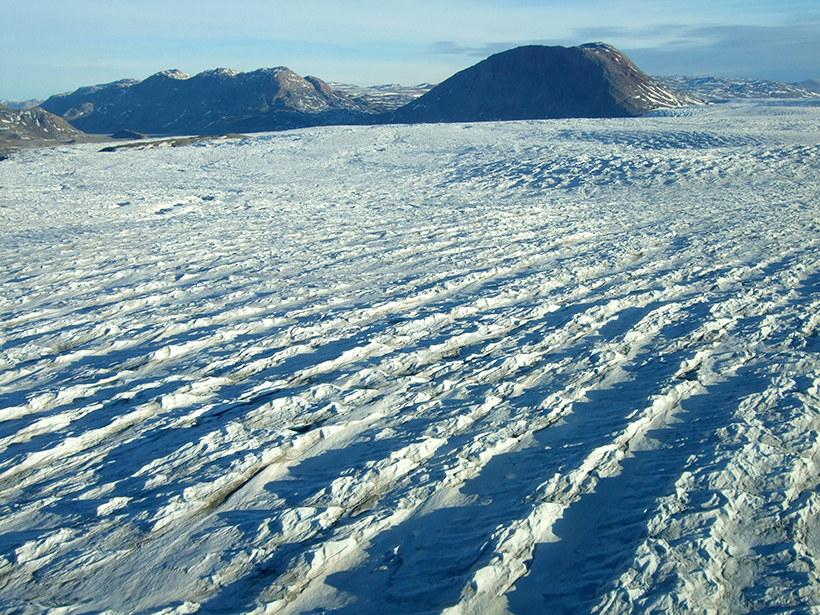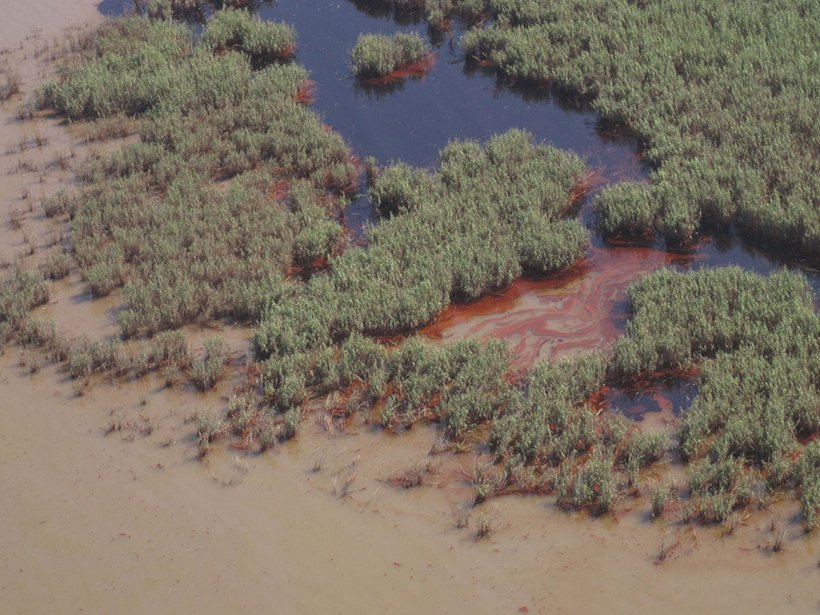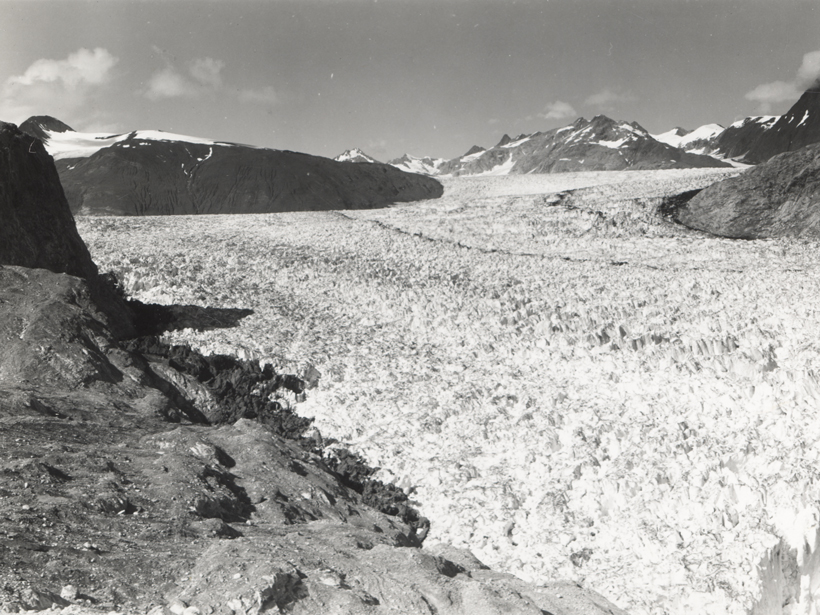Emerging Issues in Tropical Ecohydrology; Cuenca, Ecuador, 5–9 June 2016
CC BY-NC-ND 2016
Johnson, Lozier, Meltzer, and Oreskes Receive 2016 Ambassador Awards
Ashanti Johnson, M. Susan Lozier, Anne S. Meltzer, and Naomi Oreskes were awarded the 2016 Ambassador Award at the American Geophysical Union Fall Meeting Honors Ceremony, held on 14 December 2016 in San Francisco, Calif. The award is in recognition for "outstanding contributions to one or more of the following area(s): societal impact, service to the Earth and space community, scientific leadership, and promotion of talent/career pool."
Using Landsat to Take the Long View on Greenland's Glaciers
A new web-based data portal gives scientists access to more than 40 years of satellite imagery, providing seasonal to long-term insights into outflows from Greenland's ice sheet.
Wave Gliding in the Eye of the Storm
Scientists use a new remote-controlled robot to capture data from the middle of an open ocean typhoon.
Veronique Dehant Receives 2016 Charles A. Whitten Medal
Veronique Dehant was awarded the 2016 Charles A. Whitten Medal at the American Geophysical Union Fall Meeting Honors Ceremony, held on 14 December 2016 in San Francisco, Calif. The medal is for "outstanding achievement in research on the form and dynamics of the Earth and planets."
Oil Residues Accelerate Coastal Wetland Losses
Coastal wetland loss after an oil spill can be more extensive than after a hurricane.
Award Highlights Need to Preserve Historic Geoscience Data
The award raises awareness about the importance of preserving and having access to research data, and it showcases a diversity of initiatives to recover and reuse older research data.
Shun-ichiro Karato Receives 2016 Inge Lehmann Medal
Shun-ichiro Karato was awarded the 2016 Inge Lehmann Medal at the American Geophysical Union Fall Meeting Honors Ceremony, held on 14 December 2016 in San Francisco, Calif. The medal is for "outstanding contributions to the understanding of the structure, composition, and dynamics of the Earth's mantle and core."
Notorious Ocean Current Is Far Stronger Than Previously Thought
The Antarctic Circumpolar Current is the only ocean current to circle the planet and the largest wind-driven current on Earth. It's also 30% more powerful than scientists realized.
Unifying Ocean Data into One Searchable Set
A new system called SeaView integrates data from five online ocean data sets, helping to paint a more detailed picture of the world's oceans.







